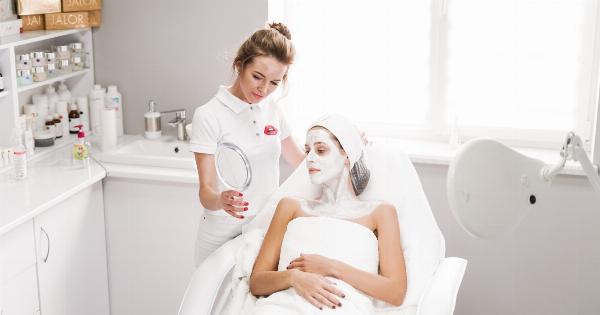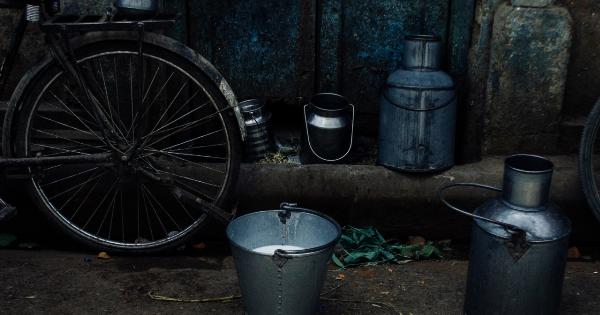Mini IVF (In-Vitro Fertilization) is a low-intensity fertility treatment that involves less medication, fewer hormones, and a less stimulating process, compared to regular IVF.
With Mini IVF, a smaller amount of eggs are harvested, but with less stress and burden on the patient’s body. It is a fairly new concept and has been gaining popularity over the years as an effective alternative to the traditional IVF treatment.
Mini IVF Procedure
The Mini IVF procedure is similar to regular IVF, but with some minor differences.
The process involves the use of oral or injectable medication to stimulate the ovaries to produce a smaller amount of eggs – typically 3 to 5 – instead of the 10 to 15 eggs produced in a regular IVF. Unlike regular IVF, Mini IVF may involve fewer monitoring appointments and less medication, which translates to smaller costs.
The key difference in Mini IVF is that it focuses on quality, not quantity of eggs – which are then harvested and fertilized in the lab.
Mini IVF Cost
Mini IVF is often considered an affordable fertility treatment option compared to the traditional IVF that requires a much higher dose of medication and multiple rounds of treatments for success.
The cost of Mini IVF can vary depending on the location, the clinic, and the patient’s fertility diagnosis. However, it is a good option for those who are unable to afford regular IVF or for those who cannot handle the physical and emotional burden of higher dosages of medication.
Benefits of Mini IVF
Mini IVF has several benefits, including:.
- Reduced physical strain on the patient’s body
- Less medication required
- Lower cost compared to regular IVF
- Reduced risk of Ovarian Hyperstimulation Syndrome (OHSS)
- Reduced risk of multiple pregnancies
Who is a Good Candidate for Mini IVF?
Mini IVF is ideal for women who have a good ovarian reserve and respond well to lower doses of medication.
Women who are looking for a less intrusive treatment option, those who have previously failed traditional IVF treatments, or those who are seeking an affordable and low-stress fertility treatment can also opt for Mini IVF. However, women who have a poor ovarian reserve or older than 38 may not be ideal candidates for Mini IVF – and they may need to go for a traditional IVF treatment to optimize their chances of pregnancy.
Success Rate of Mini IVF
The success rate of Mini IVF depends on the patient’s age, fertility diagnosis, and the quality of eggs retrieved.
While the success rate may vary from person to person, studies have shown that the pregnancy rate with Mini IVF is similar to or only slightly lower than traditional IVF.
Mini IVF vs. Traditional IVF
The most significant difference between Mini IVF and Traditional IVF is the amount of medication and the number of eggs retrieved.
While Traditional IVF requires a higher dose of medication and entails a more intensive stimulation process that results in the production of more eggs, Mini IVF has a low-intensity process, which only focuses on quality eggs that produce higher chances for pregnancy.
While both treatments have their pros and cons, it is essential to consider your individual fertility diagnosis and seek professional advice on which treatment option is best for you.
Mini IVF Risks
Like any medical procedure, Mini IVF carries some risks and discomfort, but these are relatively mild compared to the traditional IVF. The risks include:.
- Multiple pregnancies, though at a lower risk compared to traditional IVF
- Failed fertilization and implantation
- OHSS (Ovarian Hyperstimulation Syndrome)
- Egg Retrieval Complications
Conclusion
Mini IVF is an ideal fertility treatment option for women looking for a less intrusive and more affordable solution for starting a family.
It is a low-intensity medical and drug process that is much less stressful on the patient’s body when compared to traditional IVF. It is also an excellent option for women who have a good ovarian reserve and respond well to lower doses of medication – with the ultimate goal of conceiving.
However, since Mini IVF is a new concept, it’s essential to research and discuss with your fertility specialist before making a decision.





























